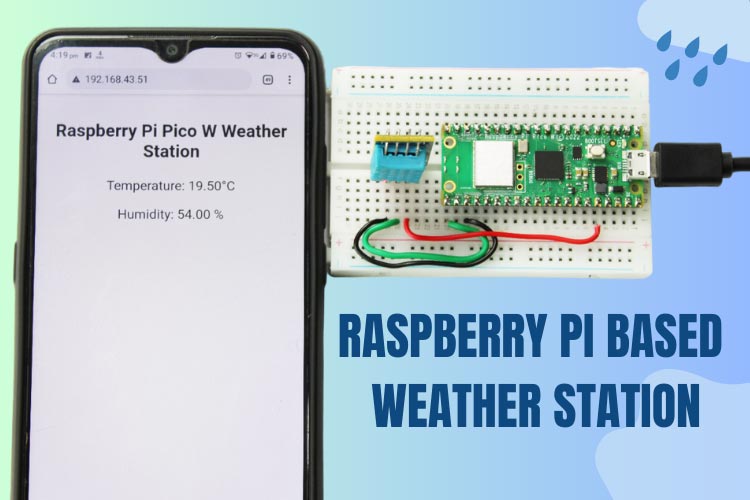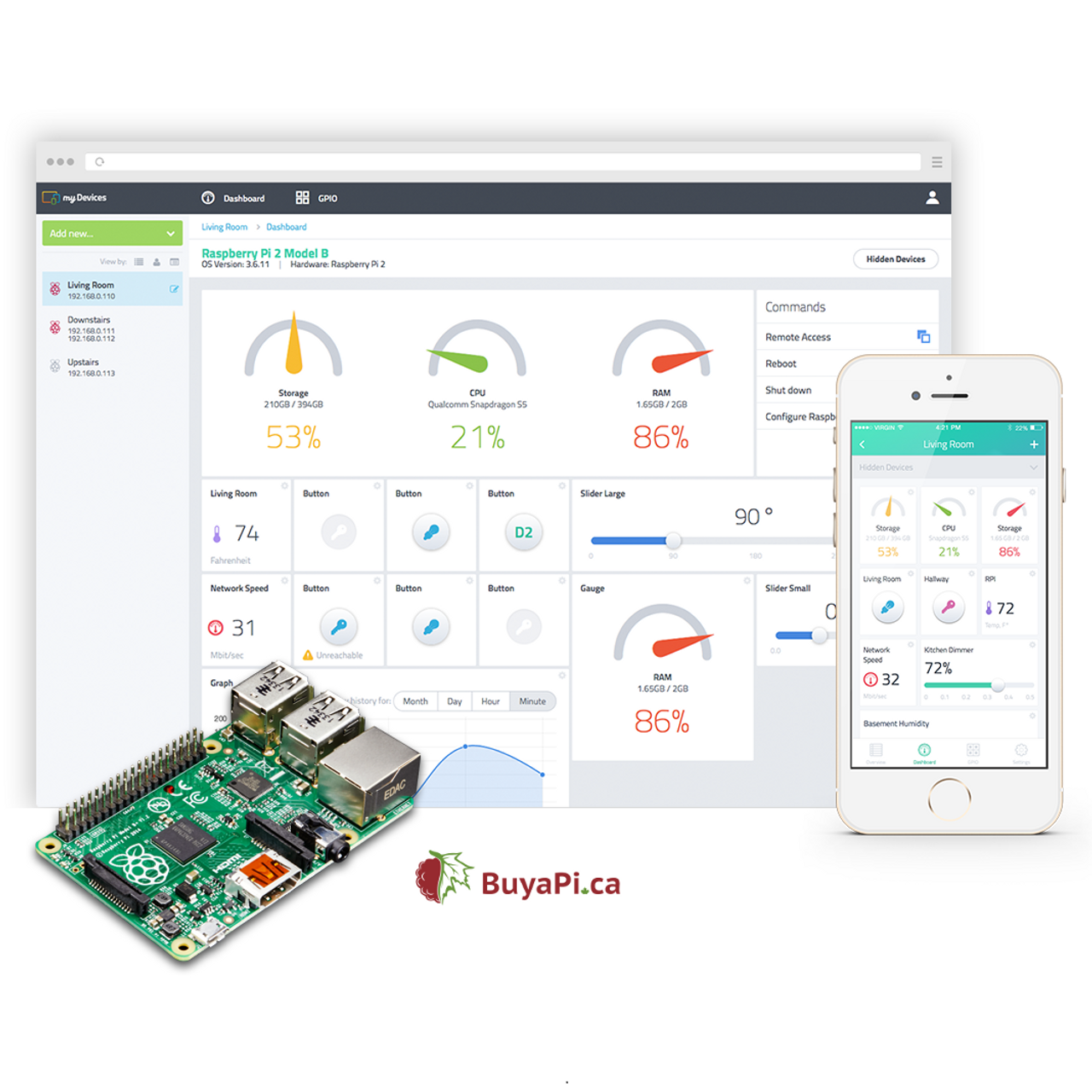Best Remote SSH IoT Platform For Raspberry Pi: Unleash Your Device's Potential
Are you diving into the world of IoT with your Raspberry Pi? If so, you're not alone! More and more people are turning to remote SSH IoT platforms to manage their devices efficiently. But with so many options out there, how do you choose the best one for your needs? Let’s break it down, friend.
Whether you're a seasoned developer or just starting out, finding the right remote SSH IoT platform can make all the difference. Imagine being able to control your Raspberry Pi from anywhere in the world, without breaking a sweat. Sounds like a dream, right? Well, it's more achievable than you think.
Let’s be honest, though—choosing the best remote SSH IoT platform for Raspberry Pi isn’t as straightforward as it seems. You’ve got to consider security, ease of use, scalability, and cost. And don’t even get me started on compatibility issues. But don’t worry, we’re here to guide you through it all. Stick around, because this is gonna be a wild ride!
- Alice Rosenbluk Leaked Whatrsquos Really Going On And Why You Should Know
- Alyx Star Nationality The Untold Story Behind The Global Sensation
What Exactly is a Remote SSH IoT Platform?
Alright, let’s start with the basics. A remote SSH IoT platform allows you to access and manage your IoT devices, like your trusty Raspberry Pi, over the internet using Secure Shell (SSH). This means you can control your device from anywhere, as long as you’ve got an internet connection.
Here’s the kicker: Not all platforms are created equal. Some offer advanced features like automated updates, while others focus on simplicity and ease of use. Your choice will depend on what you need your Raspberry Pi to do and how much time you’re willing to invest in setup.
Why Should You Care About the Best Remote SSH IoT Platform for Raspberry Pi?
Let me ask you this: How often do you find yourself stuck at home, unable to access your Raspberry Pi because it’s sitting on your desk at work? Or worse, how many times have you worried about someone hacking into your device because your current setup isn’t secure enough?
- Alice Rosenblumm Leaks The Untold Story Behind The Viral Sensation
- Alice Rosenblym Leaked The Full Story Behind The Controversy
A good remote SSH IoT platform solves these problems. It gives you peace of mind knowing that your device is safe and accessible whenever you need it. Plus, it can save you a ton of time and hassle in the long run.
Key Features to Look for in a Remote SSH IoT Platform
Before we dive into the top platforms, let’s talk about what you should be looking for. Here’s a quick rundown of the most important features:
- Security: Look for platforms that offer encryption and two-factor authentication to keep your device safe from prying eyes.
- Ease of Use: You don’t want to spend hours setting up your platform. Choose one with a user-friendly interface and straightforward documentation.
- Scalability: If you plan on expanding your IoT setup, make sure the platform can grow with you.
- Cost: Some platforms are free, while others require a subscription. Decide what fits your budget best.
Top Remote SSH IoT Platforms for Raspberry Pi
1. BalenaCloud
First up, we’ve got BalenaCloud. This bad boy is one of the most popular platforms out there, and for good reason. It offers a ton of features, including automated updates, container management, and a sleek dashboard.
Pros: Easy to set up, great for beginners and pros alike, tons of community support.
Cons: Can be a bit pricey if you’re managing a large fleet of devices.
2. Resin.io
Next on our list is Resin.io, which is actually part of the Balena family. It’s a solid choice if you’re looking for something simple and reliable.
Pros: Free tier available, excellent documentation, easy to use.
Cons: Limited features compared to BalenaCloud.
3. IoTtalk
IoTtalk is another platform worth considering. It’s open-source, which means you can customize it to your heart’s content. Plus, it integrates seamlessly with other tools like MQTT and CoAP.
Pros: Highly customizable, free to use.
Cons: Steeper learning curve, less community support.
4. ThingsBoard
ThingsBoard is all about data visualization. If you’re into dashboards and analytics, this is the platform for you. It’s also highly scalable, making it perfect for larger projects.
Pros: Great for data-heavy applications, highly scalable.
Cons: Can be complex to set up for beginners.
How to Choose the Right Platform for You
Now that you know the top contenders, how do you decide which one’s right for you? Here’s a quick guide:
- Ask yourself what you need your Raspberry Pi to do. Are you building a simple home automation system, or are you working on a complex industrial project?
- Consider your budget. Some platforms are free, while others require a subscription. Make sure you choose one that fits your financial situation.
- Think about your technical expertise. If you’re new to IoT, you might want to go with a platform that’s easier to use.
Setting Up Your Chosen Platform
Step 1: Choose Your Platform
Based on the information above, pick the platform that best suits your needs. Don’t rush this step—it’s crucial to your success.
Step 2: Install the Necessary Software
Once you’ve chosen your platform, head over to their website and follow the installation instructions. Most platforms offer detailed guides to help you through the process.
Step 3: Configure Your Raspberry Pi
With the software installed, it’s time to configure your Raspberry Pi. This usually involves setting up SSH and making sure your device is connected to the internet.
Common Challenges and How to Overcome Them
Let’s face it, setting up a remote SSH IoT platform isn’t always a walk in the park. Here are some common challenges you might face and how to overcome them:
- Connection Issues: Make sure your Raspberry Pi is connected to a stable internet connection. If you’re still having trouble, check your firewall settings.
- Security Concerns: Always use strong passwords and enable two-factor authentication whenever possible.
- Compatibility Problems: Double-check that your chosen platform is compatible with your Raspberry Pi model.
Why Security Should Be Your Top Priority
Listen up, because this is important. Security should always be your number one priority when setting up a remote SSH IoT platform. A single breach can compromise not just your Raspberry Pi, but your entire network.
Here are some tips to keep your device safe:
- Use strong, unique passwords for all your accounts.
- Enable two-factor authentication wherever possible.
- Keep your software up to date to patch any vulnerabilities.
Future Trends in Remote SSH IoT Platforms
So, where is the world of remote SSH IoT platforms headed? Here are a few trends to keep an eye on:
- Increased Automation: More platforms are incorporating AI and machine learning to automate routine tasks.
- Improved Security: As cyber threats become more sophisticated, platforms are stepping up their security measures.
- Cloud Integration: Cloud-based solutions are becoming more popular, offering greater flexibility and scalability.
Conclusion
There you have it, folks—the lowdown on the best remote SSH IoT platforms for Raspberry Pi. Whether you choose BalenaCloud, Resin.io, IoTtalk, or ThingsBoard, you’re sure to find a platform that meets your needs.
Remember, the key is to choose a platform that aligns with your goals and budget. And don’t forget to prioritize security—your devices (and your peace of mind) will thank you for it.
So, what are you waiting for? Get out there and start exploring the world of remote SSH IoT platforms. And when you’re done, come back and let us know which one you went with. Your feedback could help someone else make the right choice!
Table of Contents
- What Exactly is a Remote SSH IoT Platform?
- Why Should You Care About the Best Remote SSH IoT Platform for Raspberry Pi?
- Key Features to Look for in a Remote SSH IoT Platform
- Top Remote SSH IoT Platforms for Raspberry Pi
- How to Choose the Right Platform for You
- Setting Up Your Chosen Platform
- Common Challenges and How to Overcome Them
- Why Security Should Be Your Top Priority
- Future Trends in Remote SSH IoT Platforms
- Conclusion



Detail Author:
- Name : Albin Prosacco
- Username : iwilliamson
- Email : labadie.roderick@lakin.org
- Birthdate : 1979-06-02
- Address : 135 Laurine Ferry Suite 430 Larsontown, NY 52583
- Phone : +1.513.315.7421
- Company : Smith, Weissnat and Kutch
- Job : Separating Machine Operators
- Bio : Et ullam sed similique sapiente nam voluptatem assumenda. Itaque eaque iure praesentium. Dicta qui vel pariatur molestias officiis odit non. Dolorem impedit veritatis quo eaque.
Socials
facebook:
- url : https://facebook.com/hilton_id
- username : hilton_id
- bio : Non id ea facilis. Minima deserunt maxime et necessitatibus.
- followers : 5050
- following : 1952
twitter:
- url : https://twitter.com/hhamill
- username : hhamill
- bio : Quod tempora quis soluta. Blanditiis quis voluptatem qui sint. Molestiae tempore beatae ut laborum harum nemo. Ut quasi et perspiciatis ab nulla impedit.
- followers : 327
- following : 1552